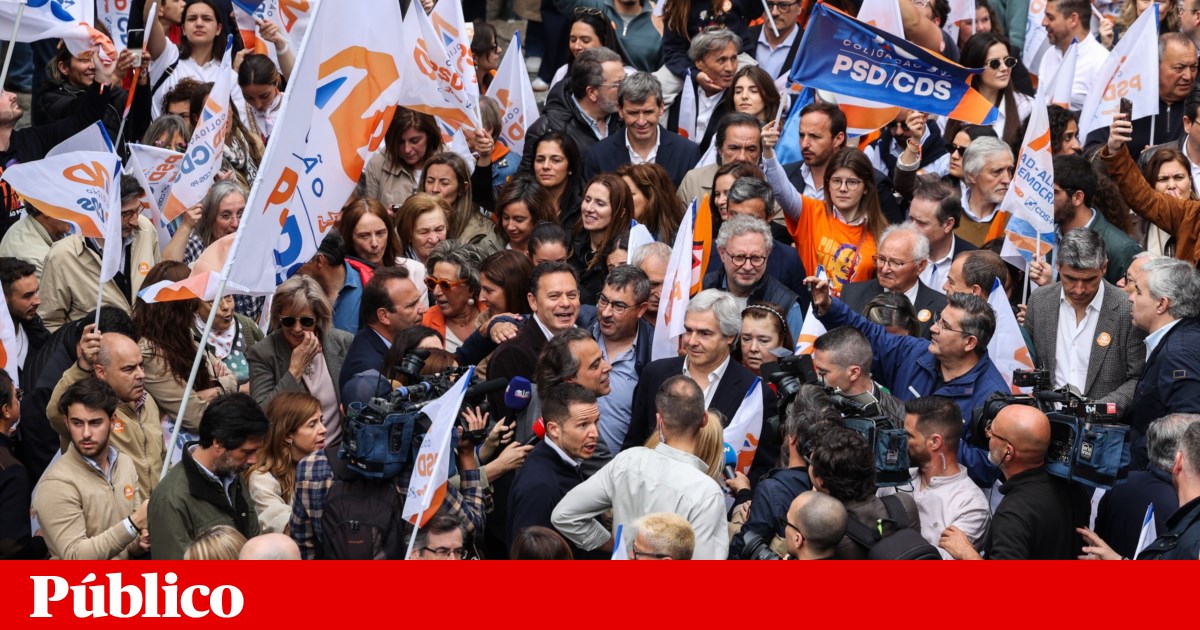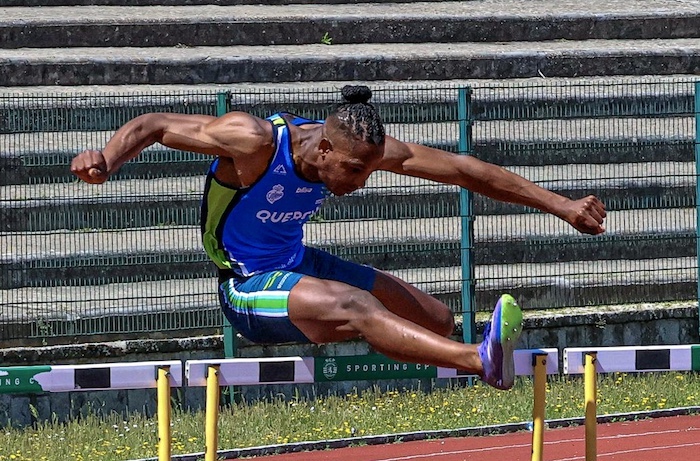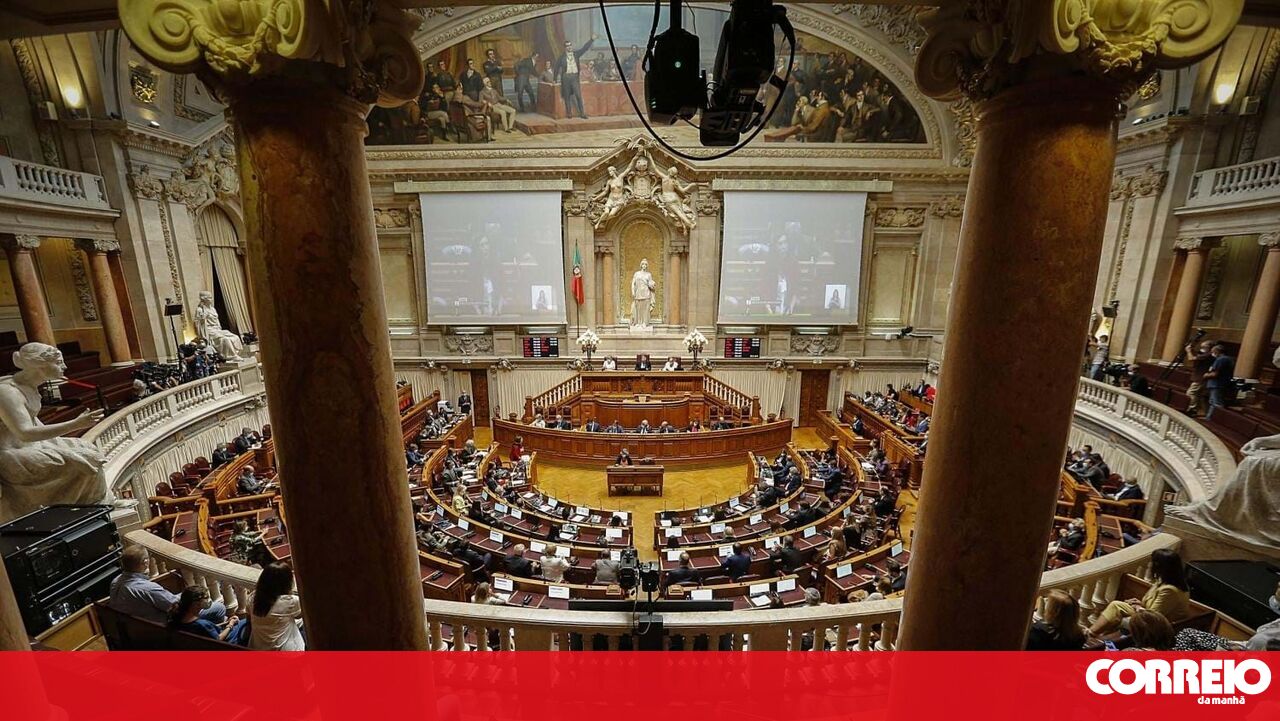As the official campaign for the legislative elections on May 18 begins, political parties in Portugal are already engaging in presentations, rallies, and discussions. Pedro Nuno Santos of the PS and Luís Montenegro of the AD have both emphasized the need for political stability in the country.
In a hotel in Lisbon, Inês Sousa Real presented the PAN's program, the last party to unveil its electoral commitments. She strongly criticized the government and major parties, accusing them of being responsible for the political crisis, stating, “They failed us when they dragged us into this election, and they also failed when there was no vision to address the major problems.”
Among PAN's key proposals are measures to support victims of domestic violence. The party insists on recognizing the public nature of crimes such as rape, sexual coercion, and non-consensual artificial procreation, as well as extending the statute of limitations for sexual crimes against children to 30 years.
Additionally, PAN proposes increasing the minimum wage to €1,130 by 2029 and implementing an emergency fiscal program that reinstates zero VAT on essential goods.
Both Pedro Nuno Santos and Luís Montenegro reiterated calls for national stability. The Prime Minister, engaging in a rally in Guimarães and a meeting in Paredes, urged voters not to take victory for granted, appealing to undecided voters and those who may prioritize stability over party proposals.
After outlining measures implemented by the AD, including pension increases, the Prime Minister hinted at further increases for pensioners if financial conditions allow, stating, “We need political stability; we need to strengthen our majority to continue this project, valuing the youth and those who are already retired.”
On the other hand, the PS Secretary-General accused Luís Montenegro of being the “main factor of political instability in Portugal,” warning that if he wins the elections again, another political crisis could be imminent. He stressed the importance of ensuring stability, which, according to him, can only be achieved “obviously, with the PS.”
From the side of the Iniciativa Liberal, João Cotrim Figueiredo criticized the leaders of the major parties, claiming they are unprepared for the significant challenges Portugal faces, particularly in fulfilling the social and intergenerational contract.
During a session in Porto, he stated, “The AD needs the IL. On the 18th, what we are doing is our part of the social contract; by voting for the IL, we demand appropriate returns on the funds, resources, and rights we relinquish in favor of the state.”
In a final pre-campaign appearance, André Ventura attended the Ovibeja agricultural fair, where he crossed paths with the President of the Republic, expressing hope for a future discussion about leading the next government in Portugal.
On the left, Paulo Raimundo, Secretary-General of the PCP, joined CDU youth in a parade in Lisbon, emphasizing the need for investment in housing, education, and combating precariousness to prevent youth emigration. Meanwhile, Mariana Mortágua participated in the “March for Independent Living,” advocating for access to personal assistants for individuals with disabilities and accusing the government of neglecting relevant legislation.
Rui Tavares also attended the march, criticizing the government for its perceived lack of compassion towards citizens with disabilities.













Comments
Join Our Community
Sign up to share your thoughts, engage with others, and become part of our growing community.
No comments yet
Be the first to share your thoughts and start the conversation!